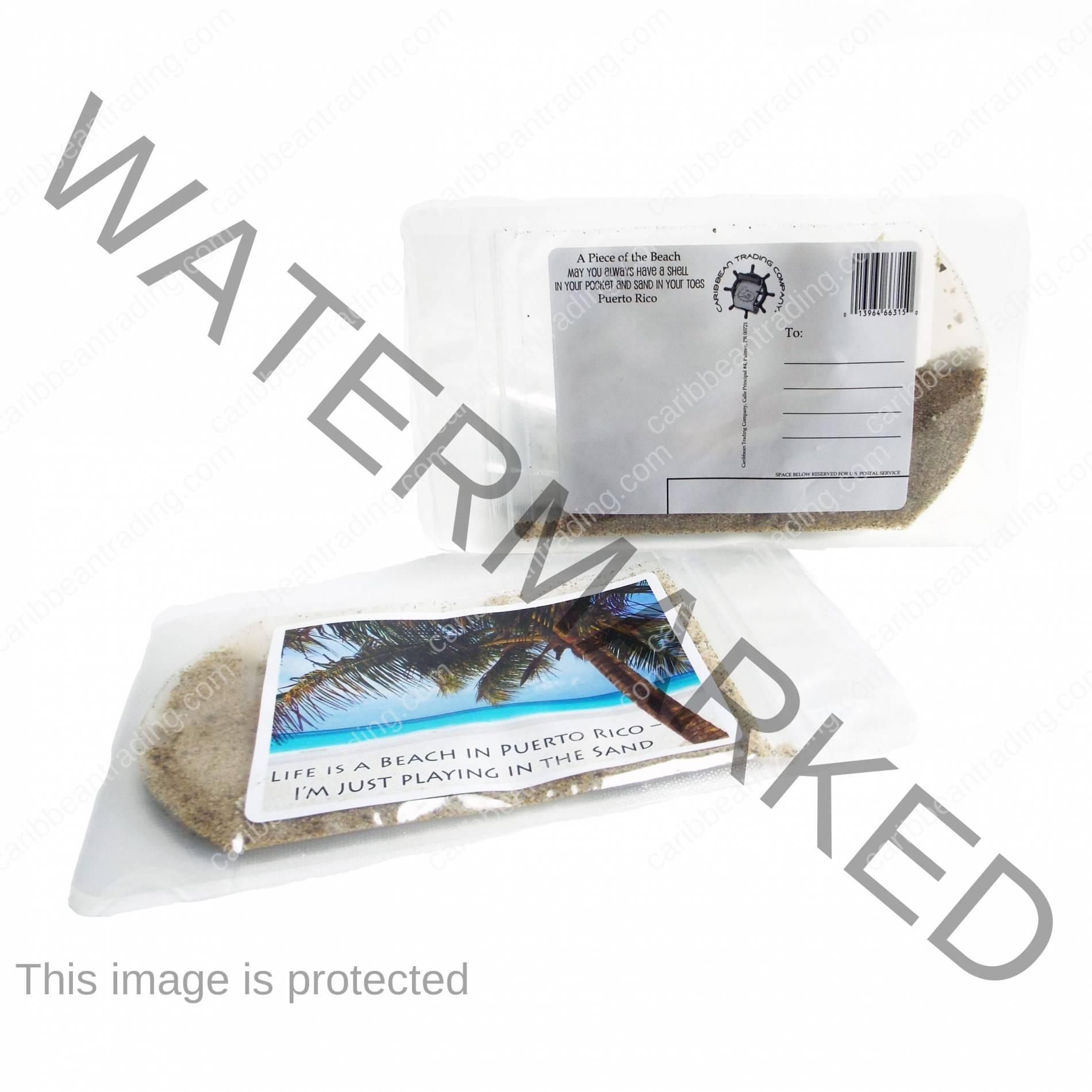Caribbean Trading Company News
Understanding How Caribbean Culture and Crypto Work Together
The Caribbean has always been the kind of place people imagine when they think of turquoise water, sunny skies, and music drifting out of beach bars. But here’s the twist: it’s also quietly becoming a hot spot for crypto. Yeah, Bitcoin, Ethereum, all that stuff—people here are looking at it not just as an investment, but as a way to pay, to save, and to do business without all the usual middlemen. It promises inclusion, fewer fees, maybe even growth for places that really need it.
Still, it’s not as simple as just “yay crypto everywhere.” The bigger it grows, the bigger the questions get. Who’s regulating it? How do governments deal with people trading coins instead of pesos, dollars, or whatever they use locally? It’s messy—because every island seems to be doing its own thing.
The Regulatory Landscape for Cryptocurrencies
Regulating crypto in the Caribbean isn’t one-size-fits-all. Far from it. You’ve got countries like Bermuda and Barbados saying, “Sure, let’s make some clear rules, attract businesses, and see what happens.” Then others are like, “Hold on, let’s not let this get out of hand,” and they throw up stricter walls. Honestly, it feels like a patchwork quilt—each place stitching its own version of a rulebook.
Some are friendly, building frameworks to pull in blockchain and fintech companies. Others are just testing the waters. That mix makes it both exciting and confusing for anyone trying to actually use crypto here.
Licensing and Registration
A lot of islands want crypto businesses to be official. Licenses, registration, all the boring but necessary stuff. Exchanges, wallets, ICOs—you name it, they usually need to go through some kind of approval. Take the Cayman Islands: back in 2020, their Monetary Authority rolled out a framework for “virtual asset service providers.” Puerto Rico, meanwhile, has Act 60—basically, tax perks that make it appealing for crypto folks who want sunshine and lower rates.
How Does Taxation Work?
Here’s where it gets tricky. Taxes aren’t the same across the Caribbean. Some places treat crypto like property (yep, that means capital gains taxes), while others roll out sweet deals to attract investors. Puerto Rico is kind of the oddball—technically U.S. territory, but with its own tax breaks that make it stand out compared to the mainland. It’s why so many crypto entrepreneurs are eyeing it.
What Can You Pay With Crypto in the Caribbean?
Now to the fun part: can you actually spend it? Well, sometimes. Depends on where you are. The acceptance and use of cryptos can vary widely in the Caribbean. While some businesses and individuals in the Caribbean may accept cryptocurrencies as a form of payment, it’s vital to ask before. These are some of the places where it’s most accepted:
Accommodations
Some will take crypto, but don’t assume—always ask before you show up with your Bitcoin wallet ready. A quick email or check on their booking site usually clears things up. Contact the accommodation’s customer service or reservations team and ask if they accept cryptos.
Restaurants and Bars
A handful of crypto-friendly Caribbean countries, especially in tourist-heavy spots, let you pay for dinner or drinks in Bitcoin or Ethereum. Sometimes they run payments through apps like BitPay or CoinGate. But again, don’t just walk in and order five mojitos without asking—you’ll want to double-check. Oh, and maybe peek at the current BTC price in CAD or USD before you spend, since it moves around so much.
Tourist Activities
If you’re renting a jet ski in San Juan or booking a diving trip in the Dominican Republic, you might get lucky. Larger operators in touristy areas are more open to it. Smaller, remote islands? Less so. Always bring cash or a card as backup—trust me, you don’t want to miss a trip because your crypto didn’t go through.
ATMs and Exchanges
Yep, some islands have crypto ATMs. You can swap into BTC for sale, ETH, or stablecoins like USDT. There are also exchanges around, though most will make you do the usual ID checks first. Knowing this information is pretty important!
Real Estate
Believe it or not, a few property sales have gone down in Caribbean crypto. Rare, but it happens. Totally depends on the seller and local laws. The best idea is to ask beforehand before making any transaction with the real estate owner.
Retailers
Some Caribbean e-commerce businesses let you pay with crypto directly, others use platforms like Flexa or BitPay to handle it in the background. Like any other place, I’d recommend you the same thing: ask before purchasing!
Travel Agencies
A few agencies are even cool with crypto for flights, cruises, and vacation packages. Just keep in mind the transactions can take a bit to confirm, depending on the blockchain. Once it’s verified, you’ll usually get a receipt like with any other booking.
Honestly, using crypto when traveling down here can be super convenient, especially if you’re staying at an all-inclusive and don’t want to haul a stack of cards or cash everywhere.
Conclusion
The regulation of cryptos in the Caribbean is a dynamic and evolving process. While some nations have boldly embraced digital assets, others remain cautiously vigilant, emphasizing the importance of a nuanced approach that weighs the benefits and risks.
The regulatory landscape in the region will inevitably adapt to the ever-changing nature of cryptocurrencies, seeking to foster innovation while guarding against illicit activities.
As the global cryptocurrency ecosystem continues its evolution, Caribbean culture and crypto will help to shape the future of digital finance throughout the region.







